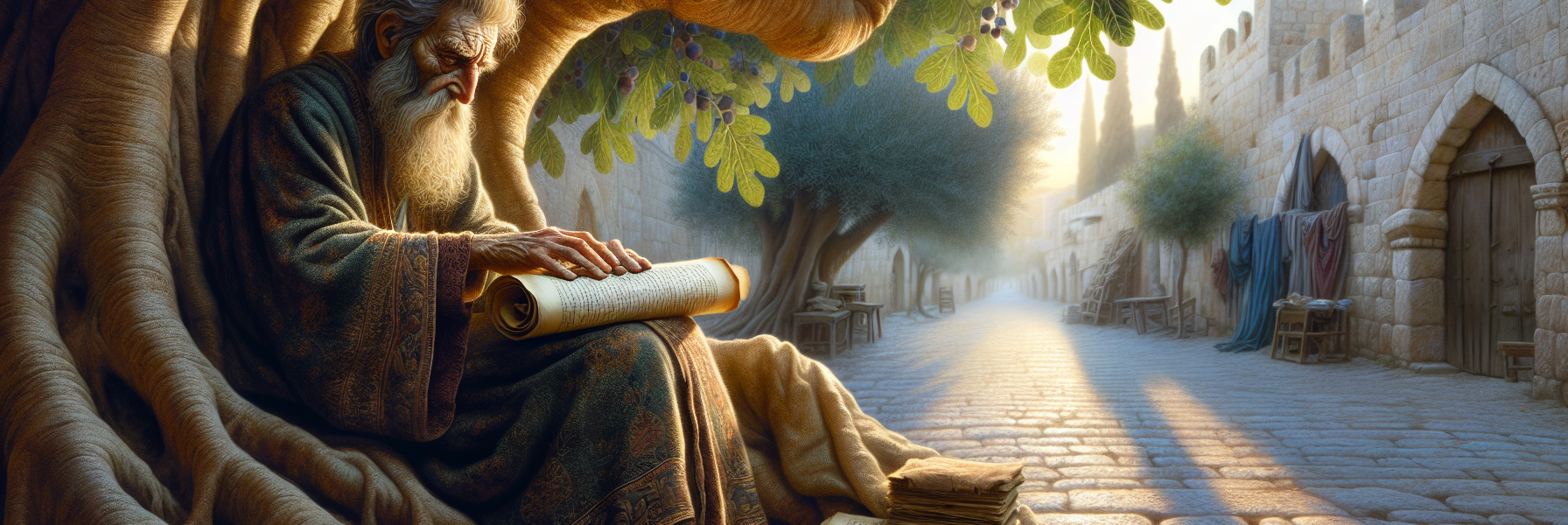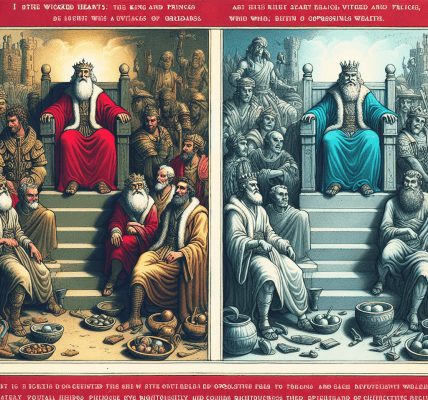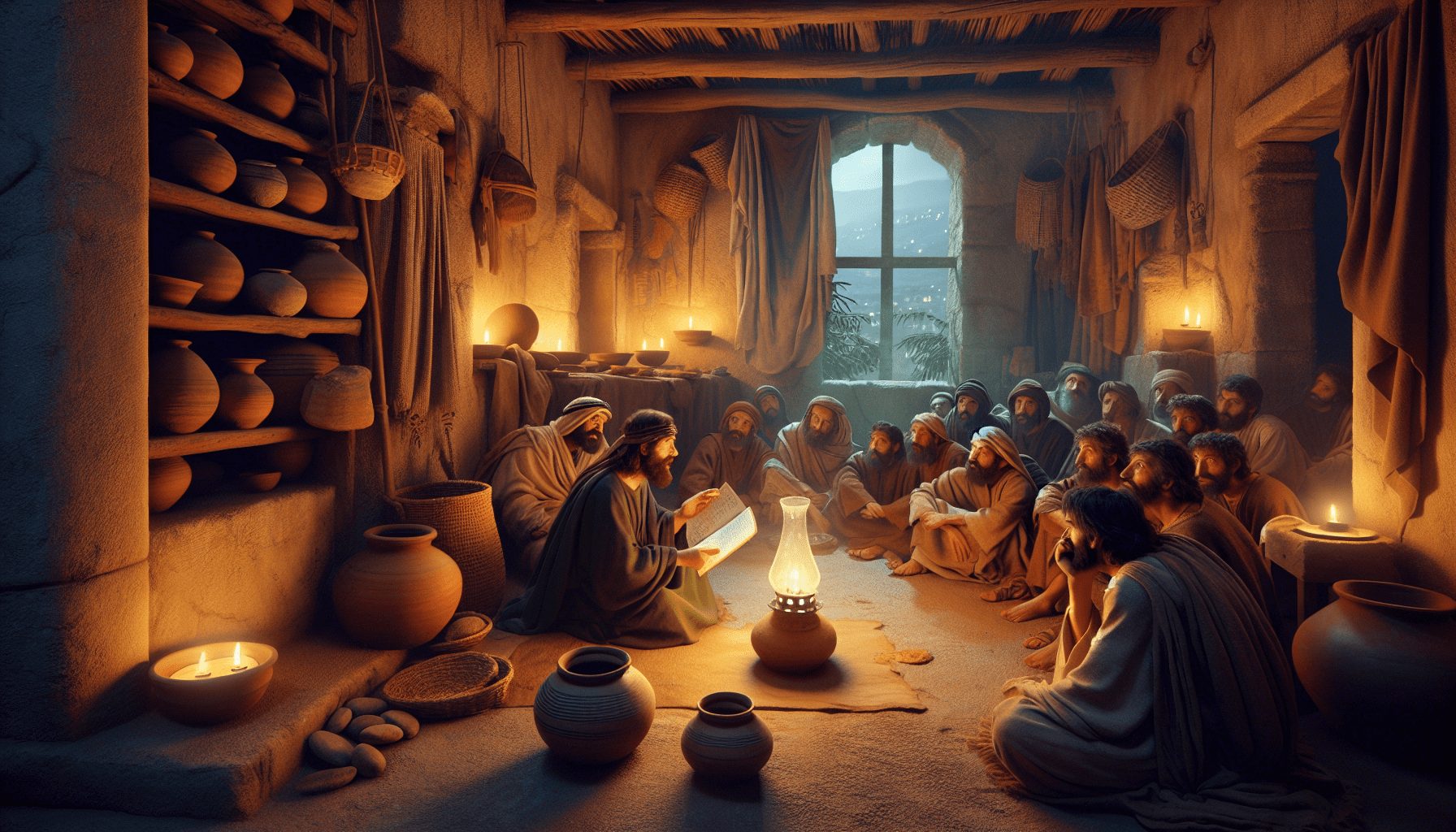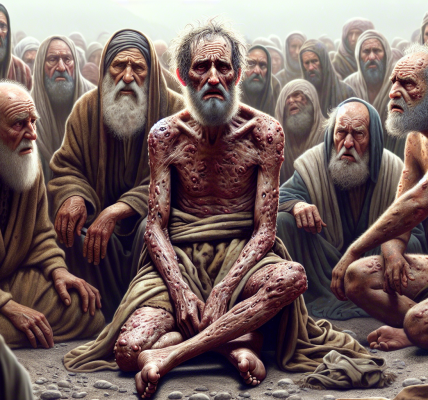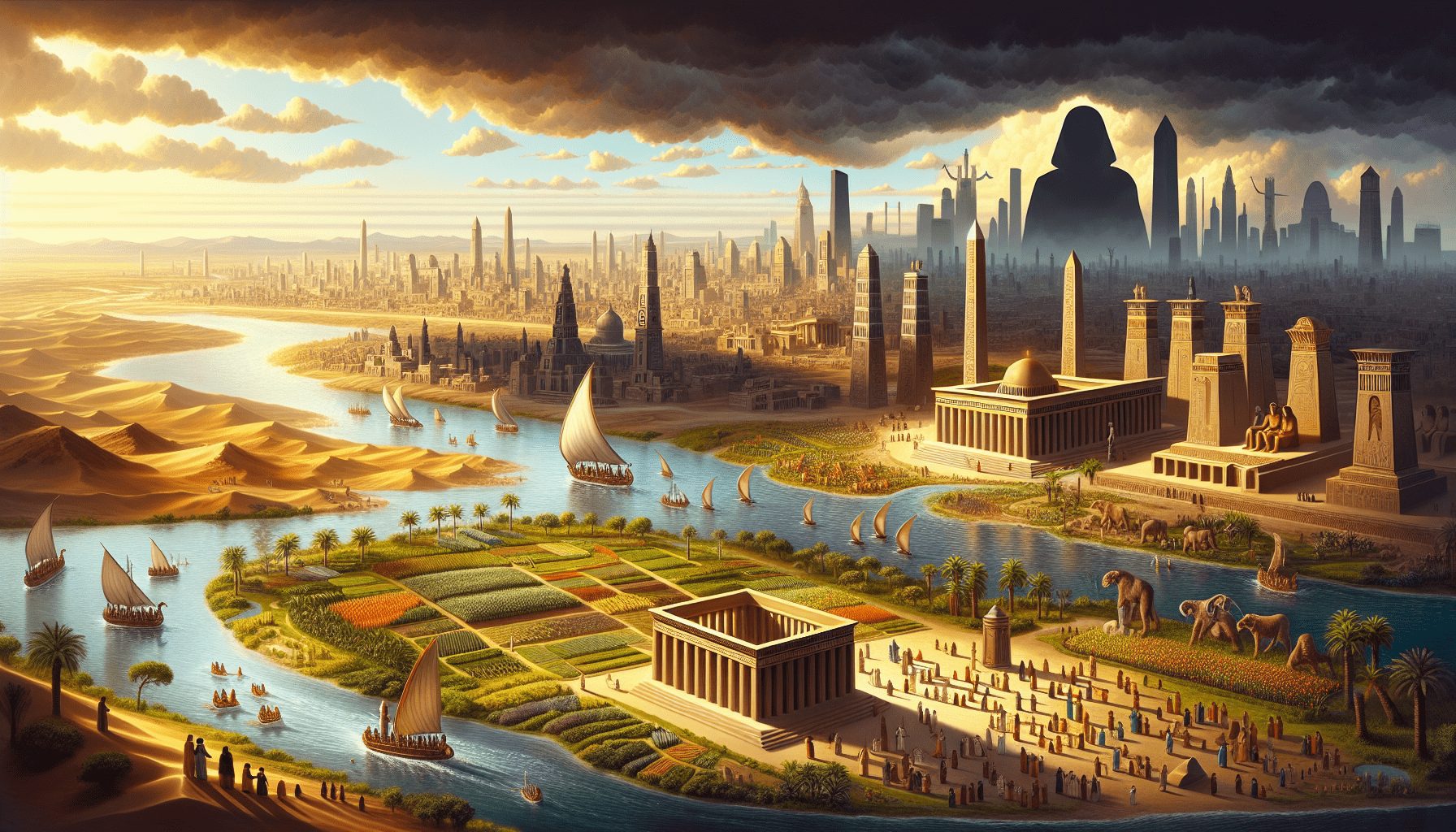**The Twilight of Life: A Reflection on Ecclesiastes 12**
The sun hung low in the sky, casting long shadows over the quiet streets of Jerusalem. The air was thick with the scent of olive trees and the distant murmur of merchants closing their stalls. In the shade of an ancient fig tree, an old man sat with a scroll unfurled across his lap. His hands, gnarled with age, trembled slightly as he traced the words written there—words he had penned many years before under the inspiration of the Almighty.
This was Solomon, once the wisest and wealthiest king in all the earth, now a man weighed down by the years, his strength fading like the evening light. His mind often wandered back to the days of his youth, when his voice had rung with authority and his steps had been swift. But now, as the shadows lengthened, he found himself returning again and again to the words of Ecclesiastes—the great sermon of his life, a meditation on the fleeting nature of all things under the sun.
And so, with a sigh, he began to read aloud, his voice a whisper against the rustling leaves:
*”Remember also your Creator in the days of your youth, before the evil days come and the years draw near when you will say, ‘I have no delight in them.'”*
He closed his eyes, feeling the weight of those words. How many young men had he seen squander their vigor, only to regret it when age crept upon them? How many had chased after pleasures, wealth, and power, only to find them hollow in the end?
A gust of wind stirred the branches above, and Solomon continued, his voice steady but solemn:
*”Before the sun and the light, the moon and the stars are darkened, and clouds return after the rain…”*
He thought of the failing eyes of the elderly, how the world grew dimmer with each passing year. He had seen it in his own father, King David, in his final days—how the once-mighty warrior had needed attendants to guide his steps, how his voice had grown thin like a fading echo.
*”In the day when the keepers of the house tremble, and the strong men stoop, when the grinders cease because they are few, and those who look through the windows grow dim…”*
Solomon chuckled ruefully. He had written these words as metaphors, but now he lived them. His own legs, once steady as pillars, now shook when he stood. His teeth, once strong enough to feast on the richest foods, now made even bread a labor. And his eyes—oh, how they strained to see the faces of his grandchildren, their features blurred as though veiled in mist.
*”When the doors are shut in the street and the sound of the grinding fades, when men rise up at the sound of birds, and all the daughters of song are brought low…”*
He remembered the bustling palace of his prime, the music and laughter that had filled its halls. Now, even the sweetest songs seemed distant, and the noise of the world had grown faint. The elders of the city no longer sought his counsel as they once had; his voice was but one among many, his wisdom buried beneath the impatience of younger men.
*”When men are afraid of heights and of dangers in the streets, when the almond tree blossoms and the grasshopper drags himself along, and desire fails…”*
Solomon’s fingers brushed against his own white hair—like the blossoms of the almond tree, a sign that winter had come for him. Once, he had climbed the heights of Mount Moriah without fear; now, even a step too quick could send him stumbling. Once, he had taken delight in the company of women, in the treasures of the earth; now, even the finest wine held no taste for him.
*”Because man goes to his eternal home, and mourners go about the streets…”*
A funeral procession passed in the distance, the wails of the bereaved drifting on the wind. Solomon knew his own time was near. The grave awaited every man, rich or poor, wise or foolish. All the labor of his hands, all the wealth he had amassed—none of it could delay the inevitable.
*”Remember Him before the silver cord is snapped, the golden bowl crushed, the pitcher shattered at the spring, the wheel broken at the well…”*
Life, he thought, was like a fragile vessel—beautiful, but easily broken. One day, the breath would leave his body, and all his works would pass into other hands. What then would remain?
With a final, shuddering breath, Solomon read the last words of his reflection:
*”The dust returns to the earth as it was, and the spirit returns to God who gave it. Vanity of vanities, says the Preacher; all is vanity.”*
The scroll slipped from his fingers as he bowed his head. All the pursuits of men—wealth, pleasure, power—were fleeting. But one truth remained eternal: the fear of the Lord, the duty of man to remember his Creator before the days grew dark.
And as the last light of the sun faded from the sky, Solomon whispered a prayer—not of despair, but of hope. For though the body would fail, the spirit would return to its Maker. And in that, there was meaning beyond the grave.
**The End.**
